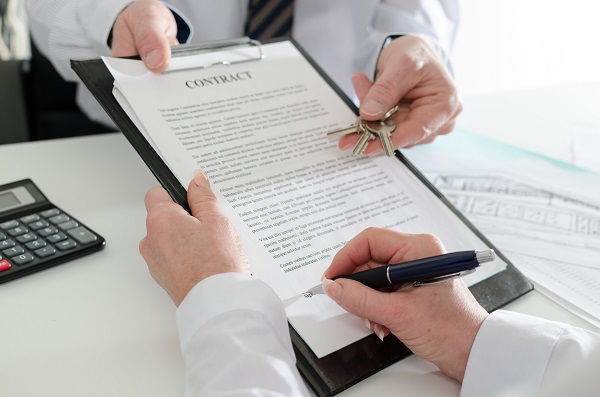
While real estate investments may seem like an easy way to make money initially, if you are taking on the role of a landlord you may be surprised to find yourself mired in challenges—depending on tenants and how they behave over the years. Aside from the legal system overall, the best protection you have as a landlord is the lease—and that’s precisely why a generic template may not be enough. Whether you are taking on residential or commercial tenants, consult with an experienced real estate attorney like Shane Coons, for assistance in drafting an airtight contract.
Get to Know Your Potential Commercial Tenant
If you are currently working with a potential commercial tenant, consider what type of business they will be running in the rental space before giving them a lease; for example, if this is a restaurant, consider the odds that they will be able to stay afloat. They should be forthcoming with financial reports or projections, their business model, and be able to prove that they can pay the rent you will be asking. Factor in any upfitting that will be done to the property, as well as changes that may be in the works later. Along with that, be clear in the lease about who will be responsible for maintenance, and especially regarding items like the heating, ventilation, and air conditioning (HVAC) or other critical, built-in systems that may already be on the premises. Remember too that full disclosure on your part is very important regarding anything that could affect the tenant’s ability to do business in that spot.
Residential Leases May Require Many Different Details
Residential leases can be even trickier. You must consider not only whether or not tenants can actually afford the rent and who will handle maintenance on what, but they must understand the terms of the lease, how long the lease will last (are they month-to-month, on a six-month lease, or annual?), and all the finances involved. Discussions regarding pets are extremely important, along with deposits and how they will be handled. Subleasing is usually prohibited and your rules on that should be outlined, along with information about your right to enter the premises, and any information about termination or what happens to property left behind.
Contact Us for Help
Are you in the middle of a landlord/tenant dispute, or do you need help creating or negotiating a commercial or residential lease? Call Shane Coons now at 949-333-0900 or email us at Shane.Coons@seclawoffices.com. We can review your needs for creating a contract, answer your questions, and help you decide how to move forward. We are here to help!
